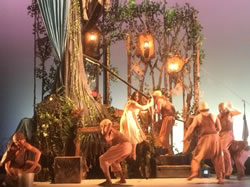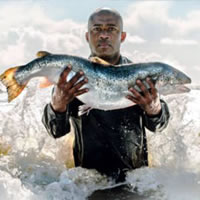There was some discussion at the French conversation group last night about job applications – one member of the group has been offered a job in an international school in southern France and will be moving there soon.
The word application exists in French, but it’s not the one you use when applying for a job. Instead it is used when applying a lotion or treatment or an invention or method. Also when implementing a decision or measure or enforcing the law. It is also used for software app(lication)s.
Expressions featuring the word include:
– mettre en application = to implement, apply, enforce
– application cruciale = mission-critical application
– application informatique = IT application
– école d’application = officers’ training school
An application for a job is une demande or une candidature, and a job application form is un formulaire or un bulletin de demande d’emploi. To apply for a job is poser une candidature pour un emploi / poste or postuler / poser sa candidature pour un emploi.
The French word appliquer can mean ‘to apply (a lotion or cream; or an invention or method), to implement (a decision); to enfore (the law); or to give’. The reflexive version of this verb, s’appliquer, can mean ‘to apply oneself (to doing sth); to apply to (the law)’ and s’appliquer sur means ‘to fit over’.
The English word apply comes from French, and the French word appliquer comes from the Latin applicāre (to apply, to put, to stick, to spread; to impose, to enforce), from applicō (I apply, attach, join to), from ad- (to; towards) + plicō (fold; arrive), from the Proto-Indo-European *pleḱ- (to plait, to weave), which also the root of the English words plait, plat and pleat.
Source: Reverso





